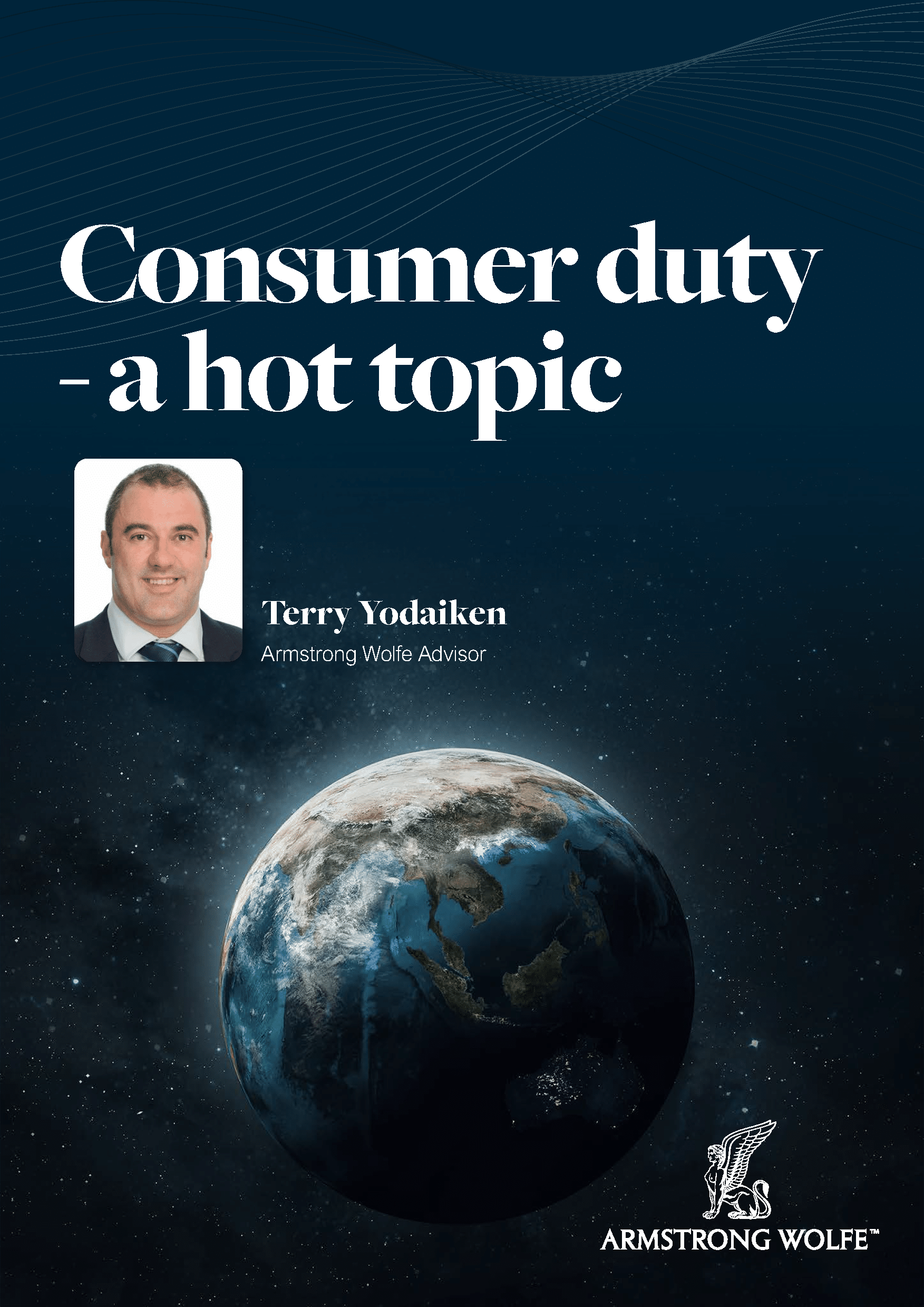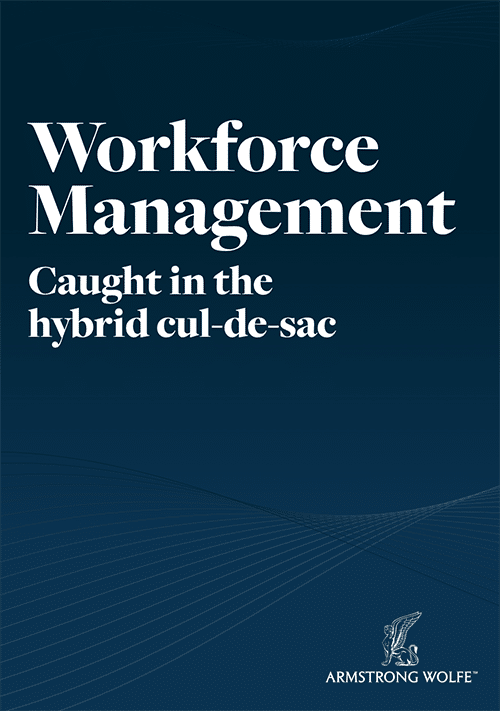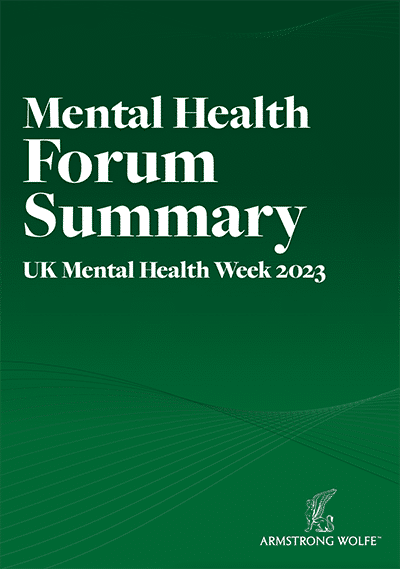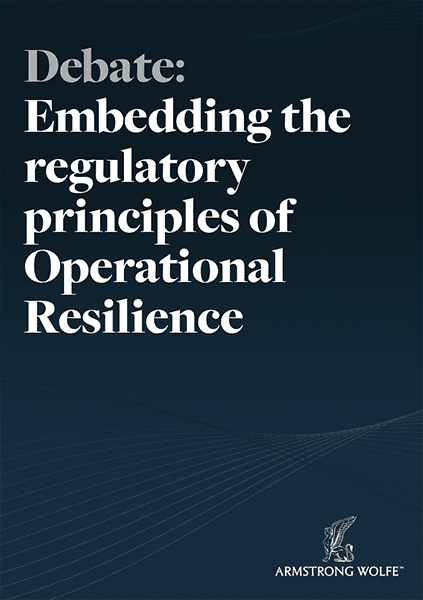Q1 Chief Control Officer Survey: What are the 3 top things you wish to debate with your peers in Q2 2023?
In March 2023 iCOOC members participated in a Control and Business Risk survey.
Despite a pressing need to adapt operating models and securing funding to further develop emerging risk and more so, horizon scanning capabilities, the focus remains the here and now and getting the business into tomorrow in good order.
Broadly speaking the survey can be categorised into 4 areas of interest, with very few subjects being noted as a delegated attendance by the global Control Officers when asked to note which subjects, they would wish to attend the debate and which ones they would delegate.
- Model, governance, and frameworks
- Sanctions Risk
- Supervision and eComms
- Innovation and change within 1LoD.
To accommodate these debates, iCOOC will be providing a series of cluster calls (on-line forums) and a Q2 face to face roundtable in London and New York. These will be by invitation only, where the Control Officer can delegate attendance to an SME for virtual calls, to MD level only for the round table forums.
Credit Suisse: leadership or a failure of controls?
What was not tabled or suggested in the survey response was a case study analysis into the failure of Credit Suisse. This event most certainly has taken the control, supervision, and surveillance communities to a moment of reflection. Lessons will most certainly be learnt, but many point quite rightly to these lessons have been tutored for the last decade and yet, Credit Suisse still failed.
The role leadership, or lack of it, the requirement for ethical behaviour or the lack of it, and the embedded culture that sat like a permafrost at the heart of the bank appear to be the cornerstones of failure.
Last summer Credit Suisse, already noted as ‘the troubled Swiss bank’, had been placed on a watchlist by the UK’s financial watchdog, the FCA over concerns it has not done enough to improve its culture and financial and risk controls.
A letter from the Financial Conduct Authority (FCA), seen and recorded by the Financial Times, said it wanted to see evidence the bank was improving its accounting accountability and halting the string of scandals that have rocked the bank. The FCA stated the cultural issues included a lack of internal challenges to potentially high-risk deals. It was also accused of a “lack of curiosity” over what had caused its run of losses and scandals and the FCA demanded a review of the effectiveness of its board, risk and audit committees.
Throughout the numerous accounts and analysis already out in the open domain as to why Credit Suisse failed, a failure in the art of leadership in addressing cultural inefficiencies that were the norm, is the common refrain.











